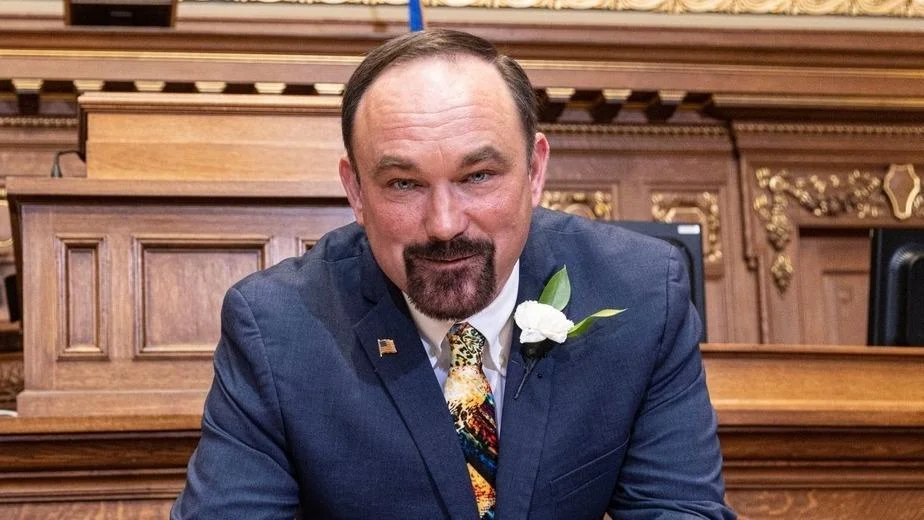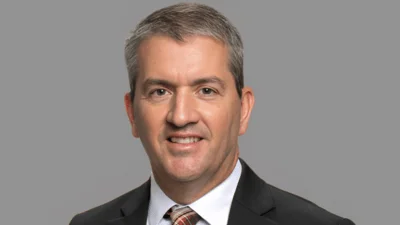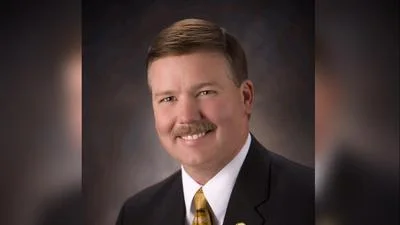Clint Moses, Wisconsin State Representative for 92nd District | www.facebook.com
Clint Moses, Wisconsin State Representative for 92nd District | www.facebook.com
According to the Wisconsin State Legislature's official website, the bill was described as follows: "fatality review teams and granting rule-making authority. (FE)".
The following is our breakdown, based on the actual bill text, and may include interpretation to clarify its provisions.
In essence, this bill establishes a framework for fatality review teams in Wisconsin, aiming to review deaths across various categories, such as suicides, overdoses, or unexpected child deaths, to develop preventative recommendations. The Department of Health Services (DHS) is tasked with creating local review teams, optionally supplemented by state-level teams, and providing technical assistance, training, and resources. DHS is authorized to promulgate rules for standardized forms for reviewing deaths and confidentiality agreements. The bill allows review teams access to confidential records from multiple sources, including state agencies and the healthcare system, under strict confidentiality provisions. Team findings are protected from becoming public records and members receive immunity from civil or criminal liability for good-faith actions. The bill takes effect 13 months after publication.
The bill was co-authored by Senator Jesse L. James (Republican-23rd District), Representative Jeffrey Mursau (Republican-36th District), Representative Jerry L. O'Connor (Republican-60th District), and Representative Patrick Snyder (Republican-85th District).
Clint P. Moses has co-authored or authored another 29 bills since the beginning of the 2025 session, with none of them being enacted.
Moses graduated from the University of Wisconsin-Stout in 1999 with a BA and again in 2001 from Northwestern College of Chiropractic with a BS.
Moses, a Republican, was elected to the Wisconsin State Assembly in 2025 to represent the state's 92nd Assembly district, replacing previous state representative Treig Pronschinske.
In Wisconsin, the legislative process starts when a senator, constituent, group, or agency proposes an idea for a bill. After drafting, the bill is introduced, numbered, and referred to a committee for review and public input. If approved, it moves through three readings and votes in both the Senate and Assembly. Once both chambers pass the same version, the bill goes to the governor, who can sign it, veto it, or let it become law without a signature. Only a small share of bills introduced each session ultimately become law. You can learn more about the Wisconsin legislative process here.
| Bill Number | Date Introduced | Short Description |
|---|---|---|
| AB192 | 04/15/2025 | Fatality review teams and granting rule-making authority. (FE) |
| AB180 | 04/15/2025 | Requiring the Department of Health Services to seek any necessary waiver to prohibit the purchase of candy or soft drinks with FoodShare benefits. (FE) |
| AB72 | 02/24/2025 | Ratification of the Driver License Compact. (FE) |
| AB34 | 02/17/2025 | Court-issued criminal complaints in officer-involved deaths |





 Alerts Sign-up
Alerts Sign-up